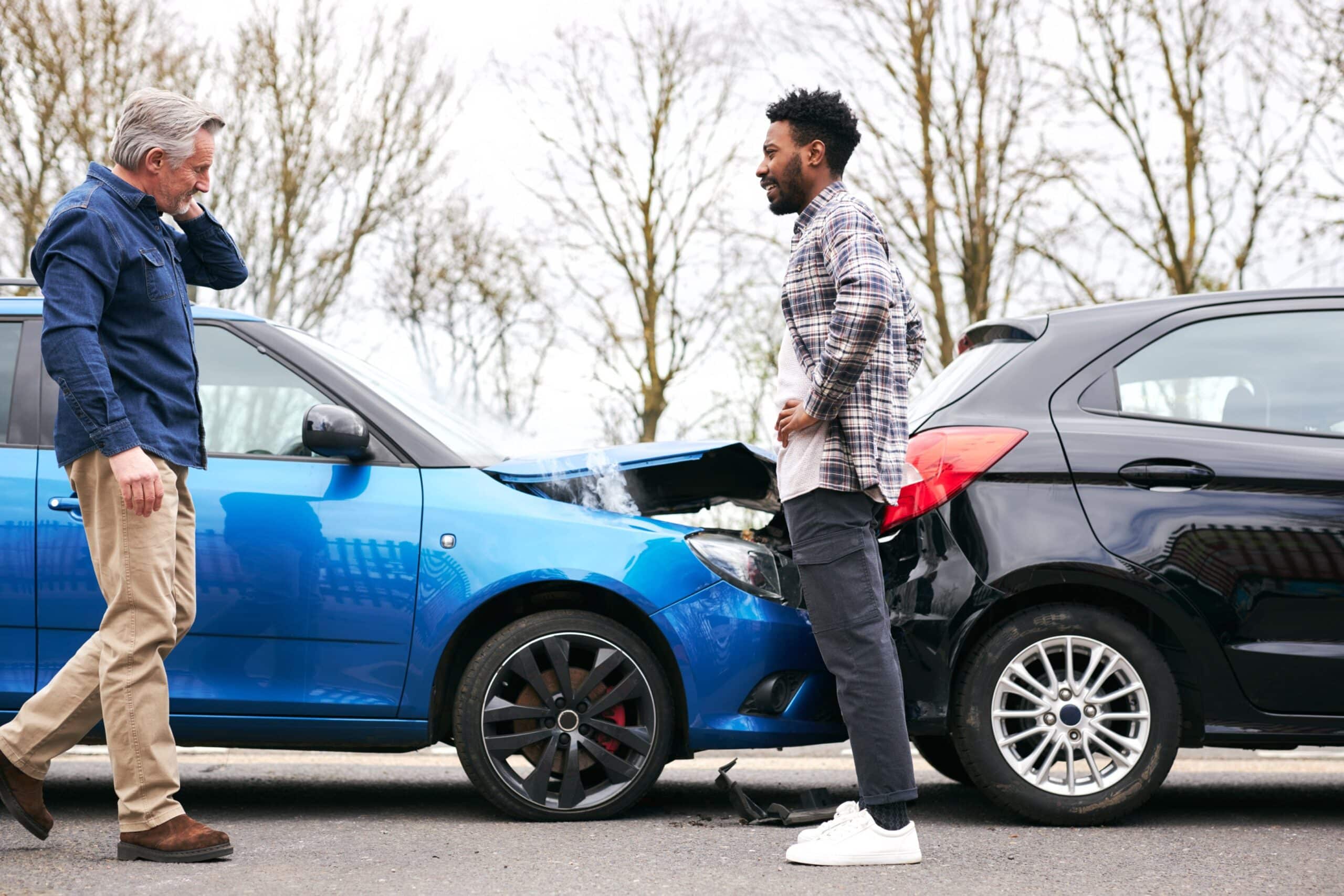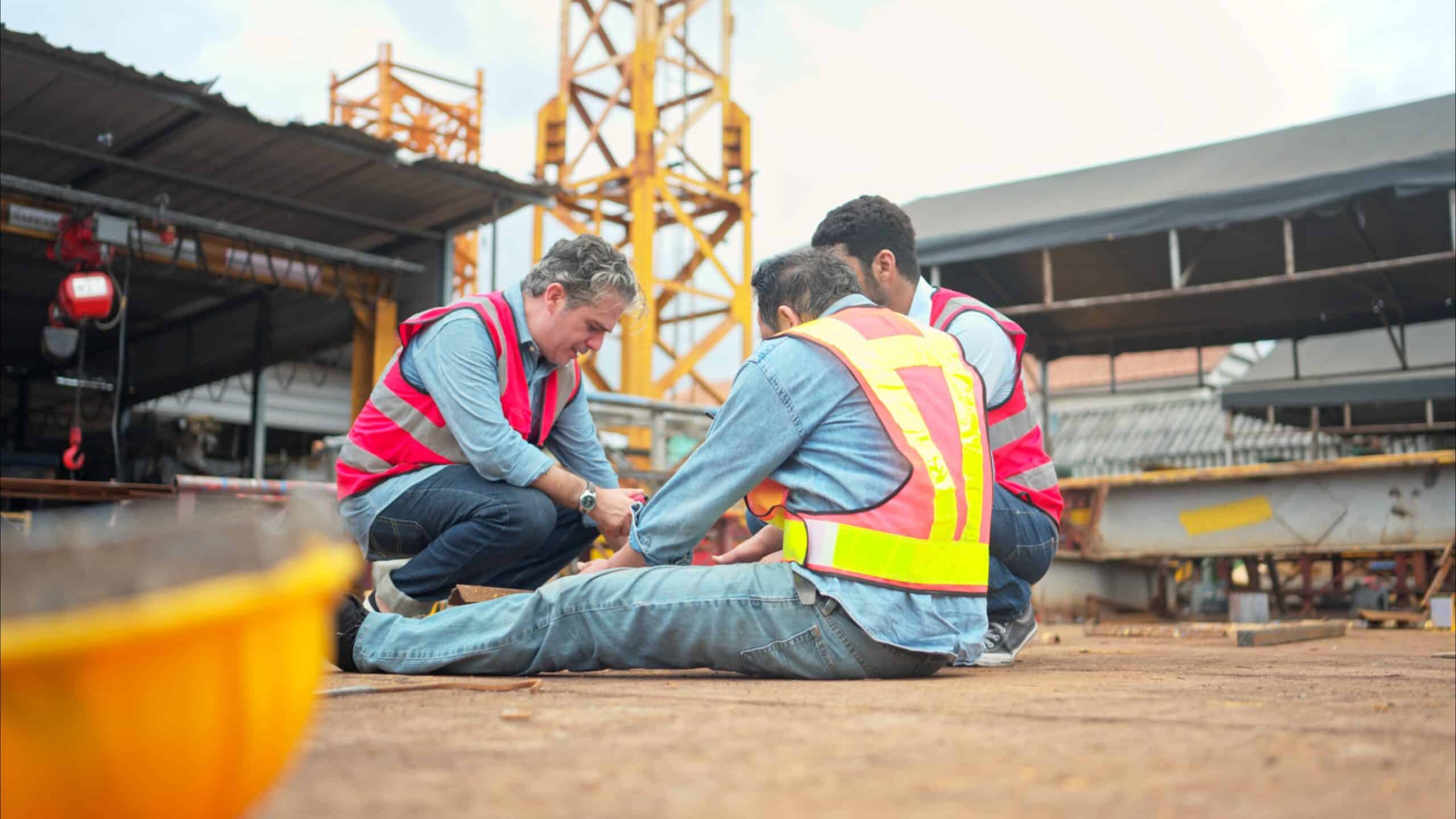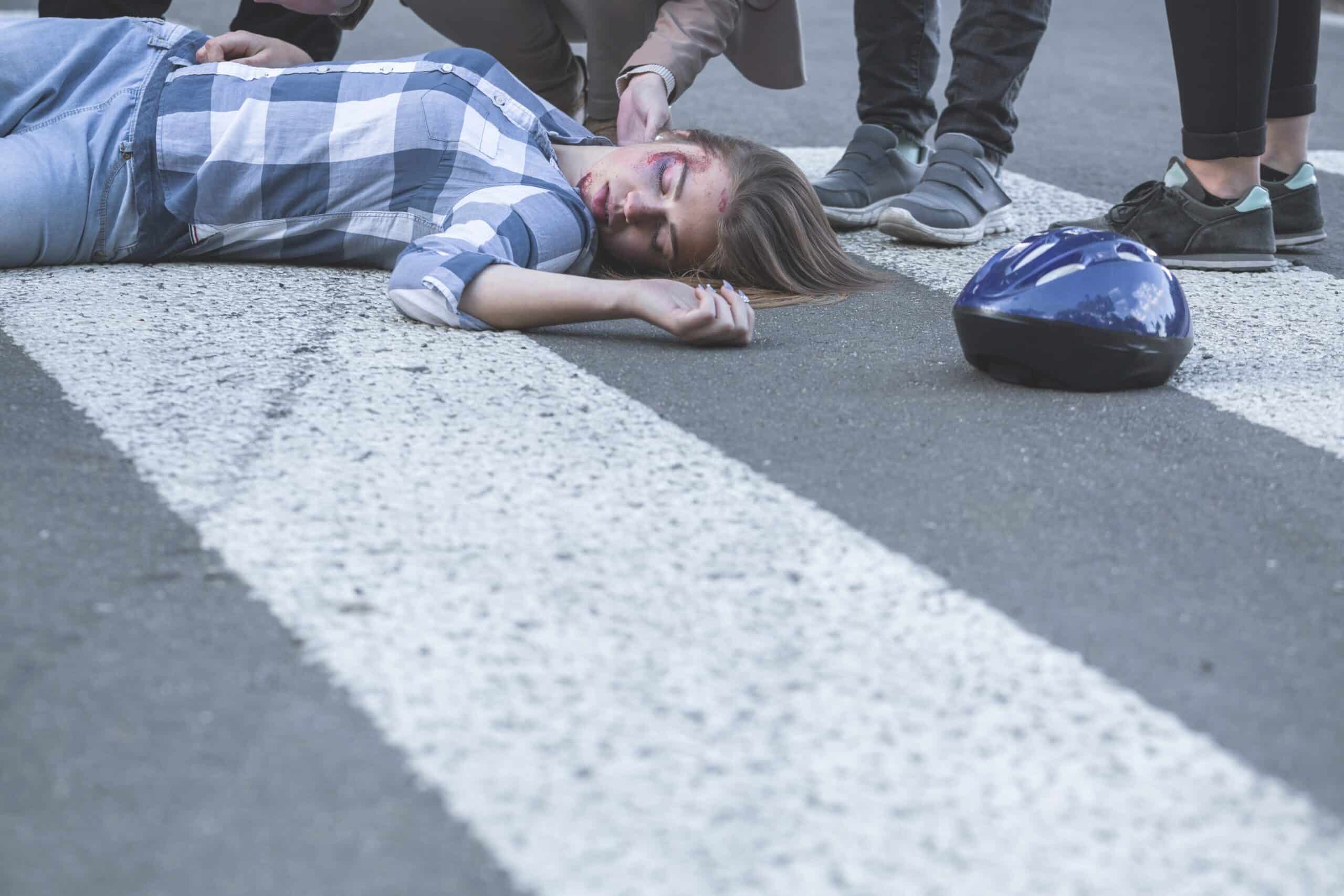Being involved in a traffic accident can leave you with absolutely no idea what you should do next. However, if you flee the scene, you could face a criminal charge. Better understanding what is expected of motorists who are involved in traffic accidents, the charge of leaving the scene of an accident, and the associated fines and penalties may help you avoid serious charges.
If you have been charged with leaving the scene of an accident – or believe you may be – don’t wait to reach out and consult with an experienced criminal defense attorney.
Motorists Are Required to Stop If They Are Involved in an Accident
When motorists are involved in traffic accidents in Texas, they are required to stop and alert the authorities if anyone is injured or if either vehicle sustains significant property damage.
If you keep driving past the accident in the heat of the moment or as a matter of circumstance, which isn’t unusual when driving at highway speeds, you’re required to return to the scene as quickly as possible. If someone was injured in the accident, you should call 911 and render aid to the very best of your ability until help arrives.
Even if no one was injured in the accident but at least one of the vehicles can’t be driven safely away, motorists are required to exchange contact and insurance information with one another and to remain at the scene until the authorities arrive.
Charges Related to Leaving the Scene
Charges related to leaving the scene of a traffic accident are based on the severity of the damage done and on whether anyone was injured in the accident.
An Accident Involving Damage to the Other Driver’s Vehicle
When a motorist leaves the scene of an accident that causes the other driver’s vehicle to be damaged, the charge is a misdemeanor that’s based on the total amount of damage done.
If the total damage to both vehicles amounts to less than $200, the charge is a Class C misdemeanor, which carries fines of up to $500. However, it’s important to note that an accident in this value range translates to almost no damage.
If the total damage done to both vehicles exceeds $200 and the at-fault driver leaves the scene, the charge is elevated to a Class B misdemeanor, and a conviction carries up to 6 months in jail and fines of up to $2,000.
It’s important to recognize that while a misdemeanor charge is a lesser charge than a felony, a conviction can still carry jail time and can seriously impact your future. Regardless of the kind of charge you’re facing, having skilled legal counsel in your corner is always the best path forward.
An Accident in Which Someone Was Injured
When a motorist leaves the scene of an accident in which someone else was injured, they can face the charge of a state jail felony, and a conviction carries jail time of up to two years and fines of up to $10,000.
If the other driver is seriously injured, the charge is elevated to a third-degree felony, and a conviction means 2 to 10 years in prison and fines of up to $10,000.
If someone was killed in the accident, the charge becomes a second-degree felony, which carries a prison sentence of 2 to 20 years and fines of up to $10,000.
Social Consequences
A criminal conviction is a matter of public record. Because it’s becoming more and more common for employers, landlords, bankers, and other decision-makers to check criminal records before entering contracts with people, having a mark on your record can have more significant consequences than you may realize.
In addition to affecting your social standing in the community, a conviction can lead to the following consequences:
- It can make renting an apartment or house more difficult and can also affect your ability to obtain a home loan.
- It can interfere with your career by making it more difficult to keep your job or change jobs and can interfere with your professional licensure.
- It can affect your college aspirations by leaving you ineligible for federal student loans.
You shouldn’t underestimate the significance of having a criminal charge, such as leaving the scene of an accident, on your record.
Reasons Motorists Sometimes Leave Accident Scenes
Every case involving leaving the scene of an accident is utterly unique to the exact circumstances involved. Many strong defenses are based on the reasons drivers left the scene in the first place.
The Driver Wasn’t Aware another Vehicle Was Involved
We’ve all been driving along only to experience a bump, jerk, or sensation and to have no idea what caused it. Sometimes, it’s attributable to a pothole that blended into the road, an unseen animal or debris on the road, a curb that wasn’t expected, or any other adverse condition. If you drive a large SUV or truck, the root cause of the problem can be even more difficult to pinpoint.
In such situations, it’s common to keep going – hoping that the vehicle wasn’t damaged. In other words, the fact that you didn’t stop wasn’t an attempt to avoid taking responsibility for an accident but was, instead, because you didn’t know you’d been involved in an accident involving another driver in the first place.
The Driver Panicked
The jolt of a car accident can send an adrenaline rush through your body – and can even cause you to experience shock – that can interfere with your ability to make the kind of responsible decisions you normally would. For example, the shock and adrenaline those injured in car accidents often experience can prompt them to refuse medical attention that they clearly need.
Panicking in the face of a car accident is not unheard of, and the testimony of a medical professional with expertise in the subject can bolster your defense strategy.
The Driver Was Adversely Affected by an Unfamiliar Prescription Medication
In the State of Texas, it is against the law to drive while under the influence of alcohol, illegal drugs, or medications that can cause impairment, including drugs that were prescribed to you. The prescription medications that fall into this category bear warning labels, but people react differently to various kinds of medications, and if you’re on something new, it could hit you in a way neither you nor your prescriber anticipated. Common examples of unexpected side effects include the following symptoms:
- Dizziness
- Disorientation
- Drowsiness
The Driver Needed Medical Attention
Both motorists are required to stop at the scene of an accident – even if one of the motorists is injured. However, if the accident in question left you seriously injured, your priority may have been seeking the medical attention you need rather than stopping and exchanging contact and insurance information with the other driver involved.
If this is the case, your seasoned criminal defense attorney will carefully compile your relevant medical bills, medical records, and doctor’s reports in defense of your actions.
They’ve Got the Wrong Person
If the police have a picture of your car and license plate, it can be challenging to refute that your vehicle was involved in the accident in question. However, such evidence isn’t always above question – the perspective of the picture or video can make a difference.
If all the authorities have is a description of the vehicle, locating your car among the many others that are exactly like it can be exceptionally difficult. Further, eyewitness testimony is far from foolproof. In the end, the police may simply have the wrong person, and your focused criminal defense attorney will help prove this fact.
FAQ About Hit-and-Run Charges
The answers to the following frequently asked questions about hit-and-run accidents may provide you with the information you’re looking for to help protect your own rights.
What Do the Police Do when a Driver Leaves the Scene of an Accident?
If a motorist reports an accident in which the other driver fled the scene, law enforcement will do what they can to locate that motorist. The degree of damage involved – and whether or not anyone was injured – generally guides the amount of effort the authorities invest.
Police officers may take any of the following actions:
- Running the plates if someone at the scene was able to record or capture it
- Scouring photos and videos taken at the scene, as well as footage from dashcams and security cameras in the vicinity, for evidence
- Interviewing the other driver and bystanders at the scene for help
From here, officers may search the area for vehicles that fit the description and have correlating damage. If the vehicle’s owner is located, they may be arrested, and if the owner relays that someone else was driving their vehicle, the driver may be located and arrested.
If you left the scene of an accident, consulting with a trusted criminal defense attorney sooner rather than later is always to your advantage. Your attorney will help you assess the severity of your situation, make the right decisions moving forward, build your strongest defense in the face of any forthcoming charges, and fiercely advocate for your rights throughout the legal process.
Is Hiring an Attorney Necessary?
If you are facing a hit-and-run charge or are concerned that one could be forthcoming, proceeding without legal representation leaves you more vulnerable to a wide range of serious consequences. Working closely with a knowledgeable criminal defense attorney can help in all the following primary ways:
- Your attorney will help you avoid the common mistakes that can lead to harsher legal consequences. For example, failing to invoke your right to remain silent is very unlikely to serve you well.
- Your attorney will gather all the evidence available in your case, including any exculpatory evidence – or evidence that benefits you – that the authorities may be holding back.
- Your attorney will help you strategize your strongest defense in pursuit of a favorable case resolution.
- Your attorney will engage in skillful negotiations with the prosecution – attempting to get the charge against you dropped or pursuing a beneficial plea deal.
- Your attorney will be well prepared to take your case to trial if that proves to be the best course of action.
It’s important to take the time necessary to choose a criminal defense lawyer that’s a good fit for you and your case.
Can I Redeem Myself By Reporting to the Police after the Fact?
Once you leave the scene of an accident and fail to return immediately, you’ve already committed the crime of fleeing the scene in the eyes of the law. As such, anything that you tell the authorities at this point can – and very likely will – be used against you.
A much better approach is consulting with a practiced criminal defense attorney who will help you effectively navigate the challenging path toward an optimal outcome.
Can I Go to Jail for a Hit-and-Run?
In certain situations, you can go to jail if you are convicted of fleeing the scene of an accident. A Class B misdemeanor can apply if someone was injured in the accident, which carries a potential jail sentence. If someone was seriously injured in the accident or lost their life as a result, the charge becomes a felony, which can translate to prison time.
The surest means of protecting yourself in the face of a hit-and-run charge is consulting with an accomplished criminal defense attorney early in the process.
You Need an Experienced Criminal Defense Attorney on Your Side
While you can choose to represent yourself in criminal matters, it is not a good idea to do so. You need the guidance of an experienced criminal defense attorney to ensure your case’s optimal outcome












Recent Comments